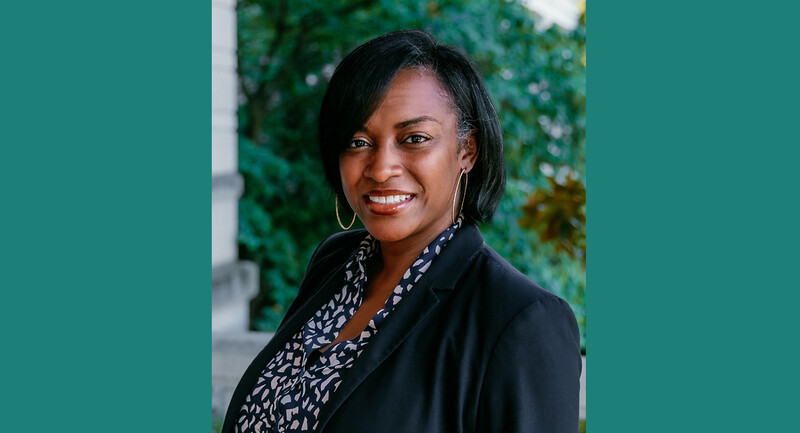Making Civics Matter
The November 2017 issue of Educational Leadership explores the question of what it takes to prepare today's young people to participate in a democracy. The articles discuss the role of civic education in U.S. public schools, particularly during a time of political polarization.
Focusing on the knowledge, dispositions, and skills that are essential for responsible citizenship, the issue provides several essential questions for personal reflection or discussion in professional-development groups.
Why Should Schools Enhance Students' Knowledge of Politics and History?
Several authors write about the importance of political and historical knowledge in the context of civic education. "Our zeal to make civics 'relevant' could end with us forgetting to teach it—accidentally swapping out essential information for 'hands-on experiences,'" write Andrew Tripodo and Robert Pondiscio. These authors argue that knowledge of the structures and theories of government must go hand-in-hand with so-called "operational citizenship."
Consider how units of study in traditional government and civics classes could pair well with field trips and other hands-on experiences. How could historical and political knowledge of the past inform students' understanding of current events? What kind of hybrid model—in which the past is important and the present is relevant—can you envision for your school?
Also, how well does your school conceptualize its civic education mission in today's world?
For reference and discussion points, see "Seizing the Civic Education Moment," "The Story of Us," and "What Kind of Citizens Do We Need?"
How Can You Build Students' Discussion Skills?
During a year that been marked by fiery verbal confrontations and heated online exchanges, it seems more important than ever for citizens to participate in thoughtful and measured discourse. Many of the authors in this issue discuss ways that K–12 schools can teach students to talk through—not around—disagreements, and to be civil in the process.
How might discourse structures (such as those suggested by Doubet and Hockett) help students to see one issue from many points of view? What do civil discussions sound like, and how do they evolve across the K–12 spectrum? What role does the teacher play in facilitating civil conversations about difficult topics? In what ways can educators allow more opportunities for student voice in a school's decision-making processes?
For reference and discussion points, see "Classroom Discourse as Civil Discourse," "Critical Dialogue: A Key Skills for Citizenship," and "Creating a Space for Open Dialogue."
What Do Media-Analysis Skills Looks Like in 2017?
The rise of the term fake news has renewed the call for media literacy in schools. Several articles in the issue highlight the importance of teaching students how to analyze information critically and tell the difference between the real and the fake, the reliable and the unreliable, and the biased or sponsored and the independent.
How has a digital environment changed how young people take in news? How can terms like propaganda reframe the conversation about fake news in classrooms and connect to historical content? What view does your school take in banning social media on campus or using it as a teaching tool for digital citizenship? How should educators teach students to be skeptical consumers of the media, while also not promoting a total distrust for the media and the important role it plays in a democracy?
For reference and discussion points, see "Teaching and Learning in a Post-Truth World," "Digital Citizenship in the Curriculum," and "The Real Problem with Fake News."
Resources for Further Study
Use these ASCD resources to learn more about preparing tomorrow's citizens.
ASCD Books
- Learning Transformed: 8 Keys to Designing Tomorrow's Schools, Today (2017) by Eric C. Sheninger and Thomas C. Murray
- Researching in a Digital World: How do I teach my students to conduct quality online research? (ASCD Arias) (2015) by Erik Palmer
- Catching Up or Leading the Way: American Education in the Age of Globalization (2009) by Yong Zhao
PD Online Courses
- http://shop.ascd.org/ProductDetail.aspx?ProductId=123561456&Embracing-Diversity:-Global-Education,-2nd-Edition-MOBILE-">Embracing Diversity: Global
- http://shop.ascd.org/ProductDetail.aspx?ProductId=123561585&Embracing-Diversity:-Managing-Diverse-Schools-and-Classrooms,-2nd-Edition-MOBILE-">Embracing Diversity: Managing Diverse Schools and Classrooms







